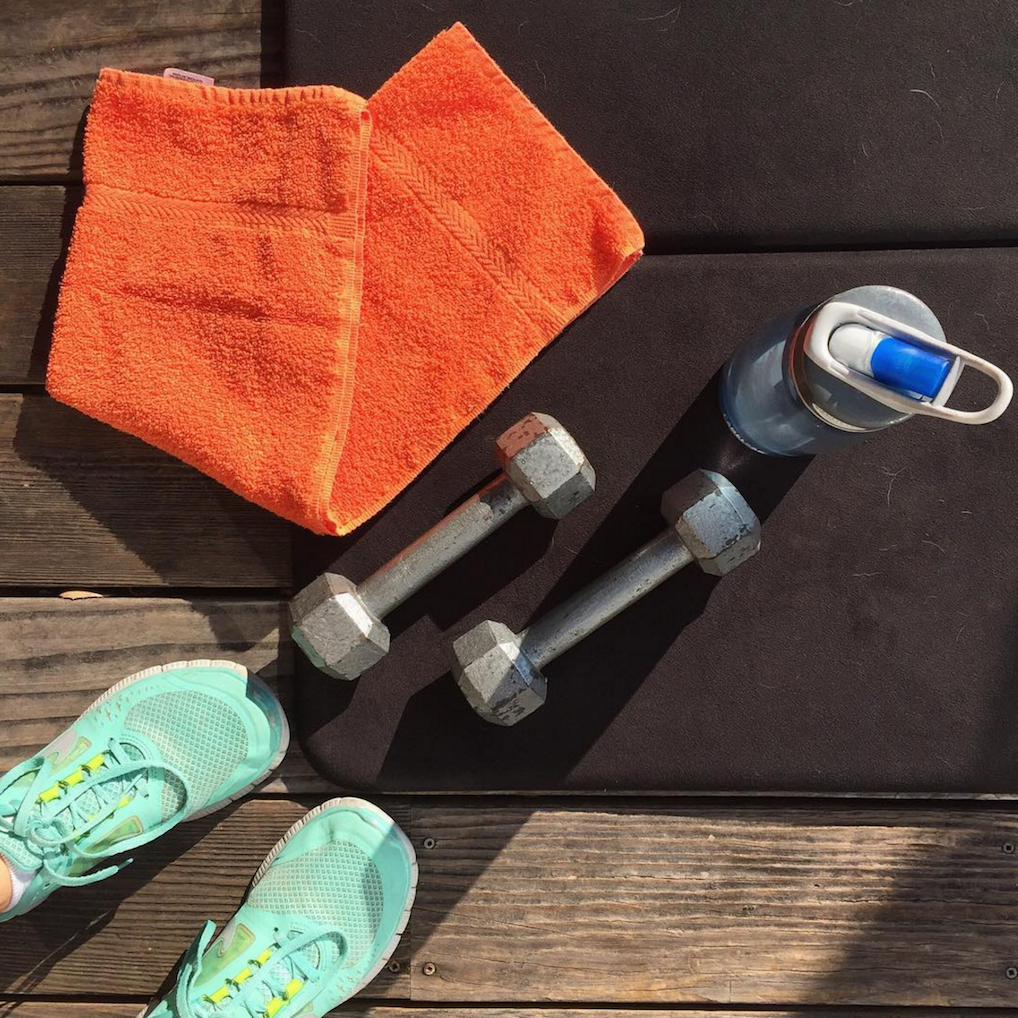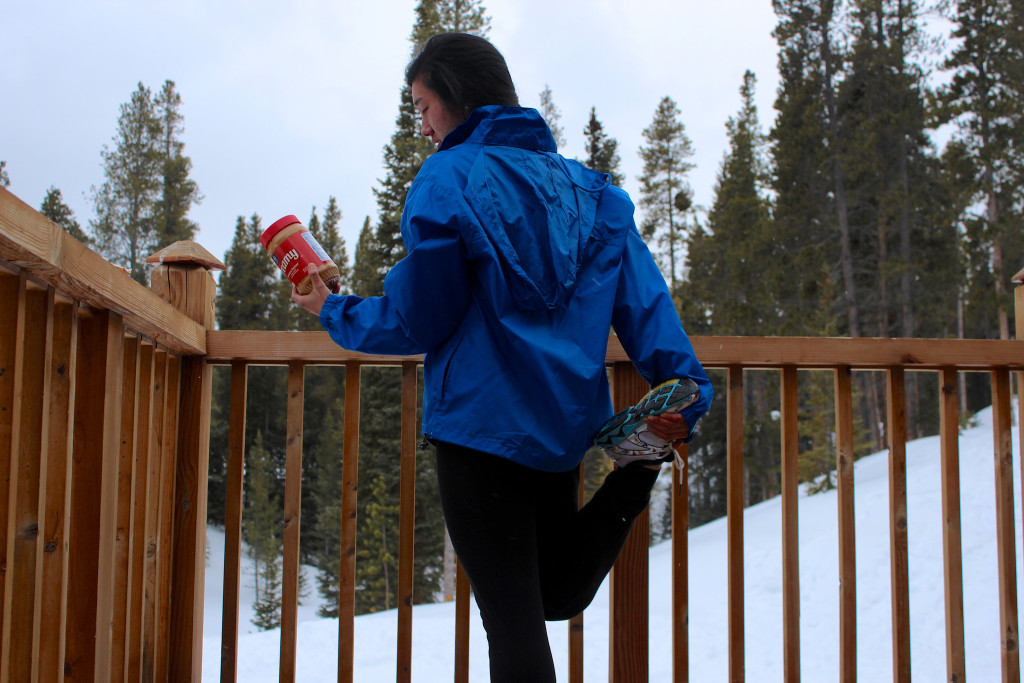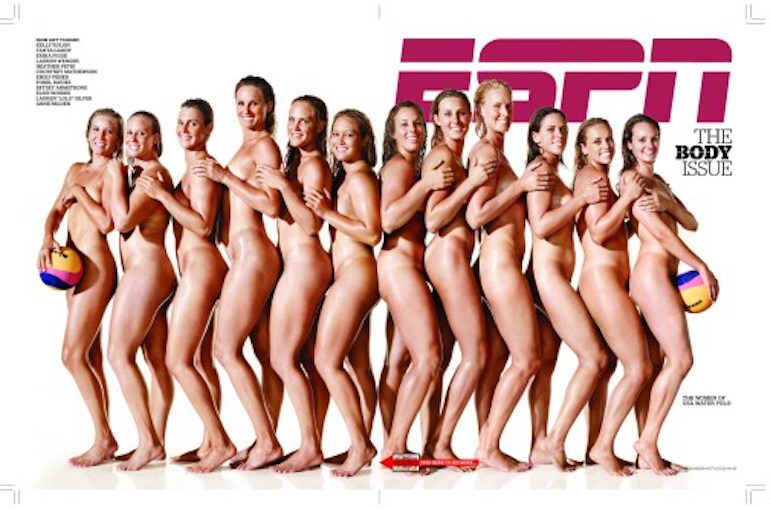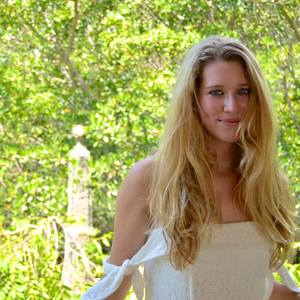It’s that time of year again. As we become burdened by the weight of finals looming in the near future many of us settle into coffee shops and libraries — our temporary homes for the last weeks of the school year.
But in between the handwritten flash-cards and highlighting textbook pages our minds drift thinking of summer: ice cream, school less weekdays and, of course, that “summer body” we just need to have once May rolls around.

Photo by Nicole Laszlo
I grew up in south Florida, home to the best cuban food and key lime pie, where “summer body” is an unused term due to our year round heat — every month resembles something close summer.
My house was twenty minutes from the beach, my school even closer, and for birthday parties, family gatherings, or days off of school I would find myself at the beach. I didn’t particularly like it, but I grew up in bathing suits in what I thought to be a summer body.

Photo by Sierra Conine
After moving to the north for school two years ago, I learned to live through the plight of winter, something I was excited to experience, and as New Haven slowly thawed around us people immediately launched into talk of needing to prep their “summer bodies.”

Photo by Natalie Choy
It wasn’t until hearing about this around campus that I took more notice of it outside the isolated bubble of college — on blogs I frequently read, magazine covers, even “health” publications.
The problem with “the summer body” is the homogeneity. According to my peers’ expectations and the glossy magazine pages, summer bodies were toned, tanned figures with legs for days and flat, planar stomachs.
I was kind of bothered that not only was there a singular look for summer but that the idea of being healthy and fit wasn’t necessarily a year round one but was focused mainly on the superficial aspects of this — how one would look and be perceived in the skin baring fashions of the year’s hottest months.
There are two things to take away from summer bodies and the anti-endorsement of such a term.

Photo Courtesy of Espn.go.com
The first is that there is no one “summer body” mold that everyone should aspire to fit. although preexisting stereotypes lead us to think otherwise. Short, tall, skinny, curvy, muscular — the list goes on, any body can be a summer body. To endorse certain ideals and ascribe them to a specific time period isn’t healthy or realistic.
There is nothing wrong with wanting to look and feel good while at the beach, but everyone has different standards of what looking and feeling good manifest in physical form, and I think its time that everyone recognizes that.
The second thing to think about is that fact that we are endorsing health and fitness to look and feel our best — but only for a few months.
Why shouldn’t we be striving for this the entire year? Then we could completely eliminate the idea of feeling and looking exceptional only in months when we are more physically exposed, because at the end of the day internal wellness trumps external appearance.


